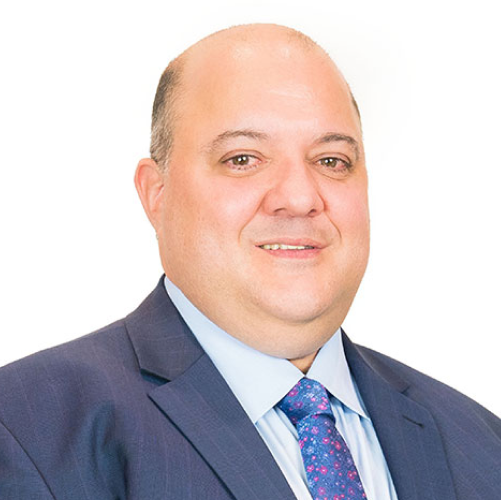Staying afloat financially – or at least trying to – is a prominent feature of adulthood, and there are many ways to ensure income security over time. This concern about financial security usually extends beyond our working years into our prospective retirement years. Superannuation (or “super”) contributions are a way of planning ahead in this regard.
Since 2014, Australian employers have been required by law to contribute a minimum of 9.5% of employees’ earnings towards their respective super funds. However, if you feel that the minimum contribution will not suffice for your future needs – you have the option to make additional contributions (limits apply). This voluntary action of saving as much as possible for your later years while you work has been widely debated, so here’s what you need to know to make the best decision for yourself.
Before considering whether voluntary contributions are right for you, it’s best to take a look at the difference between concessional and non-concessional contributions:
Concessional Contributions:
Concessional contributions are made into your super fund before tax, and include:
- Employer contributions, such as
- Compulsory employer contributions
- Any additional concessional contributions your employer makes
- Salary sacrifice payments made to your super fund
- Other amounts paid by your employer from your before tax income to your super fund, such as administration fees and insurance premiums
- Contributions you are allowed as an income tax deduction
Once the concessional contributions are in your super fund, they are taxed at the 15% rate. (Subject to your personal adjusted taxable income). There are caps on the concessional contributions you can make each financial year. If you go over the cap, you may have to pay extra tax. When working out your super contributions for the financial year, remember – contributions don’t count when the payment is sent, they only count once the payment is received by your fund.
Make sure your fund receives all your contributions by 30 June.
Non-Concessional Contributions:
Non-concessional contributions are made into your super fund from after tax income. These contributions are not taxed in your super fund. There are caps on the non-concessional contributions you can make each financial year. From 1 July 2018 the annual non-concessional (after tax) contribution cap is $100,000 per year. If you exceed your non-concessional contributions cap in a financial year, you must lodge an income tax return for that year, and you may have to pay extra tax.
Additionally, from 1 July 2017 your non-concessional cap will be nil for a financial year if you have a total superannuation balance greater than or equal to the general transfer balance cap ($1.6 million in 2017-18) at the end of 30 June of the previous financial year. In this case if you make non-concessional contributions in that year, you will have excess non-concessional contributions.
Lump-sum contributions:
If you are in a position to do so, making a lump sum contribution can add significant investment to your super account. You should consider if you will need this money in the future as you cannot withdraw from your super until you reach a certain age.
You should also consider the following key points:
- The high management fees on superannuation could potentially have the effect of reducing your savings over time. An option to counter this could be putting in additional investments sooner rather than later.
- Be aware that rules and exceptions change all the time, so there are no guarantees. The possibility of future amendments to laws, pertaining to retirement age and tax, could impact your investment and long term strategy.
How to make voluntary super contributions
Speak to your employer or accountant to authorise a debit either from your pre-tax salary or post-tax earnings, whichever you prefer, towards your super fund. This guarantees consistency and fits the voluntary contribution into your set budget conveniently. Another way is to make use of government co-contributions, which will assist you along your savings journey.
To learn more about voluntary tax contributions or to plan for your financial future, contact the team at Stones Sharp accountants.

FCPA & CA
Shane is a Fellow of the Australian Society of Certified Practicing Accountants and a Chartered Accountant.
Shane’s passion is to consider the clients, the client’s business and taxation affairs with a holistic approach whilst providing business mentoring, business strategies, systems development, taxation advice and taxation planning in order to assist his clients and their business achieve their goals.













